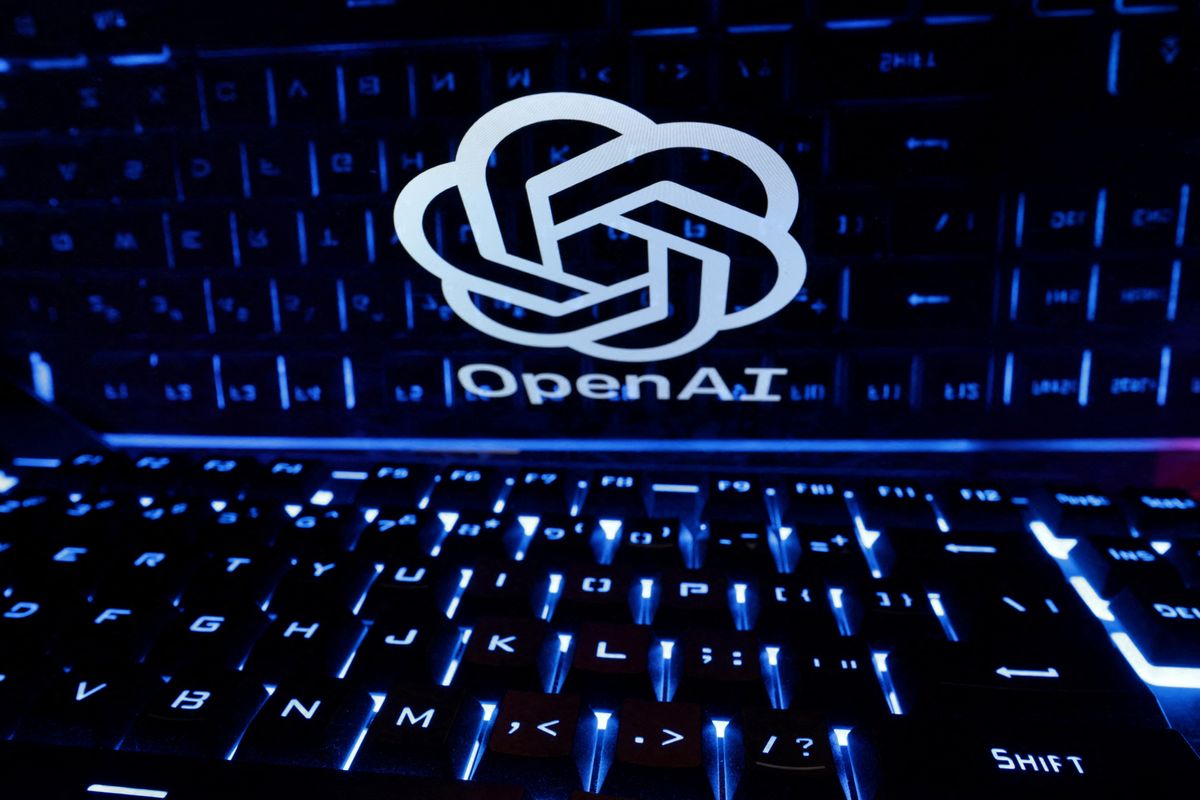OpenAI’s DevDay – here’s what went down
OpenAI's DevDay kicked off on November 6 and was also livestreamed on YouTube.

A few minutes every morning is all you need.
Stay up to date on the world's Headlines and Human Stories. It's fun, it's factual, it's fluff-free.
The backstory: Around a year ago, Microsoft-backed OpenAI, a major player in the tech world, released ChatGPT to the public and it made quite a splash. Just to give you an idea of how big a deal it was – TikTok took nine months to reach 100 million users after its global launch, and Instagram needed 2.5 years to hit the same milestone. But ChatGPT? It did it in just two months.
This was the start of a massive generative artificial intelligence (AI) frenzy, and it wasn't just OpenAI in the game. Tech giants like Google and Microsoft, along with smaller firms, were eager to join the action.
More recently: In March, OpenAI unveiled GPT-4, its latest model trained on data up to September 2021. CEO Sam Altman called it the company’s "most capable and aligned model yet." Then, in October, OpenAI rolled out Dall-E 3, the latest iteration of its text-to-image tool. What sets this upgrade apart is its integration with ChatGPT, making image generation even more powerful.
But what really got people buzzing was OpenAI's first developer conference, DevDay, held in San Francisco, where it would introduce all its latest products.
The development: OpenAI's DevDay kicked off on November 6 and was also livestreamed on YouTube. So we’ve got the scoop on everything that went down.
OpenAI is letting people create their own versions of ChatGPT for specific tasks, and you don't need to be a coding whiz to do it. These customized AIs, called GPTs, will be available through the GPT Store, launching later this month. If your bot becomes popular, OpenAI will even give you a piece of the pie. This comes after its previous efforts to build a ChatGPT plugin ecosystem earlier this year.
ChatGPT is also getting a turbo boost through GPT-4 Turbo. This upgraded version is trained with the latest information up to April 2023 and can perform tasks like web browsing and coding. It can also select the appropriate model automatically. OpenAI plans to release a production-ready Turbo model soon.
On the copyright front, OpenAI is adding a "copyright shield" to protect users from legal issues related to copyright. If you run into copyright trouble while using the AI, OpenAI will have your back, helping you with legal costs that might come your way.
To top it off, OpenAI shared some of the latest stats – it now has over 100 million weekly users and more than 2 million developers on board, with over 90% of Fortune 500 companies using the technology.
Key comments:
"Eventually, you'll just ask the computer for what you need and it'll do all of these tasks for you," said OpenAI CEO Sam Altman in his keynote speech at the event in San Francisco. "We really believe that gradual iterative deployment is the best way to address the safety challenges of AI. We think it's especially important to move carefully towards this future."
“I’m excited for us to build AGI together,” said Altman.
"We commit ourselves deeply to making sure you all, as builders of these foundation models, have not only the best systems for training and inference, but the most compute so that you can keep pushing forward on the frontier," said Satya Nadella, the CEO of Microsoft.




Comments ()